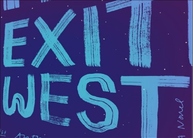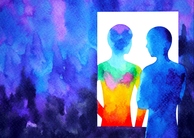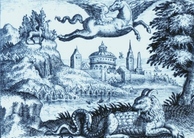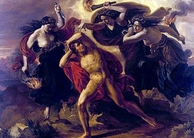LiteratureThe Perennial Perversion: Idolatrous Self-Worship in Brave New WorldAdam H. Post - This literary analysis compares the spiritual landscape of Aldous Huxley’s Brave New World against his nonfiction work, The Perennial Philosophy. In Brave New World, Huxley’s World State appears spiritually promising. It embeds self-transcendence and interconnectedness... Keep Reading »
Unity in Virginia Woolf and Hannah Arendt: Creating Reality in the Insensitive and InaccessibleEsteban A. Sanchez - Woolfian Scholars regularly denote the moments where Woolf’s characters feel inexplicably connected and inseparable from one another as representing the spiritual and mystic beliefs of their author. I want to reframe this notion, considering Woolf's moments of... Keep Reading »
The Relationship Between Gender and Trauma in Donna Tartt's The GoldfinchKatie K. Strubel - The Goldfinch (2013) by Donna Tartt is a novel that explores the conditions of grief and escalating lengths characters will go to survive the traumas and mysteries of life. This story of guilt and loss—intermixed with love and longing—is far detached from... Keep Reading »
The Past is Female: Exploring the Socio-Sexual Liberation of Historical Women in Carol Ann Duffy's The World's WifeNandini Sood - British Poet Laureate Carol Ann Duffy’s The World’s Wife presents a fresh outlook on myths and fairy tales, by retelling them through sociosexually liberated women. The poems feature many themes such as murder, sexuality and childhood that are presented... Keep Reading »
Fragile Aesthetics: The Problematics Behind Thomas Gainsborough's Landscape PaintingsConnor E. Yen - The 17th and 18th centuries saw a wide proliferation of aesthetic discourse through which the picturesque emerged to capture the type of beauty derived from the exchange of in vivo vigor for the spirit of artistic medium. While the metaphysical project of 18th century... Keep Reading »
All Literature Articles (by date) |

























